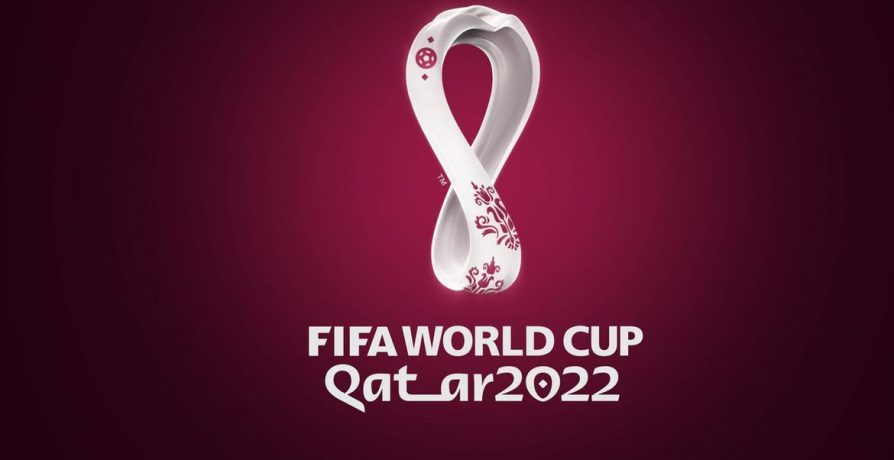The 2022 World Cup is about to begin, and there are plenty of fascinating facts worth knowing. This edition of the World Cup comes with distinctive features that set it apart from previous tournaments.
In this article, discover 10 curiosities about the 2022 World Cup that Bet7K has specially compiled for you. Take a look below:
- First World Cup in the Middle East
For the first time in World Cup history, the tournament is being held in the Middle East. However, this isn’t the first time in Asia, as Japan and South Korea co-hosted the competition in 2002.
Both countries hosted ten cities, with 32 teams competing for the championship. The final saw Brazil triumph over Germany with a score of 2-0, securing their fifth title.
One of the surprises of the 2002 World Cup was France’s elimination in the group stage, despite being the reigning champions. South Korea achieved fourth place, becoming the first Asian team to finish among the top five.
Notably, Turkey, a transcontinental country with part in Europe and part in Asia, secured third place.
- Qatar, the Smallest Host Country
Qatar covers an area of approximately 11,610 square kilometers, which is roughly half the size of the Brazilian state of Sergipe (21,910 square kilometers), making it the smallest country to host a World Cup.
Qatar, an Arab country located in the Middle East, Western Asia, is currently considered the world’s richest country in terms of GDP per capita, according to IMF data. The IMF estimates the country’s per capita income to be around $124,000, with a Gross Domestic Product (GDP) of $166 billion in 2017. The country’s economy is largely reliant on oil exports.
- First Year-End World Cup
Traditionally, World Cup matches are held in the middle of the year every four years. However, due to Qatar’s desert climate, the tournament is being held at the end of the year for the first time. In June and July, Qatar experiences temperatures exceeding 40°C (104°F), which would be detrimental for all competing teams.
- Richest World Cup Ever
Despite Qatar’s immense wealth, the investment made for hosting the 2022 World Cup is staggering. The construction of stadiums, hotels, and overall infrastructure for the event cost over $200 billion.
The prize money awarded by FIFA to the tournament winner is also substantial. The champion receives $42 million (approximately R$190 million), and when combined with other awards, the total surpasses R$2 billion.
- The Mascot: La’eeb, Inspired by Arabic Culture
The mascot of the 2022 World Cup is La’eeb, a character inspired by the headscarf worn in Arabic culture, known as the hijab. Translated to Portuguese, La’eeb means a “super skillful player,” embodying a confident and fearless character.
Initially, the choice of a human-like mascot with cultural symbolism, rather than an animal, raised some eyebrows.
- Special Ball: Designed and Tested in Wind Tunnels
The official ball of the 2022 World Cup, Al Rihla (meaning “the journey” in Arabic), is influenced by Qatar’s architecture, culture, and the colors of its flag. Developed by Adidas, the ball is designed to work in tandem with the Video Assistant Referee (VAR) system.
The special ball aims to assist in making decisions on challenging plays, featuring a motion sensor capable of registering its position 500 times per second. This provides accurate information on ball trajectories, goals, and ball outs.
The ball’s unique design makes it faster and more stable in flight, and it underwent testing in wind tunnels.
- Semi-Automatic Offside in Qatar World Cup
Stadiums for the Qatar World Cup are equipped with 12 upper cameras to track the ball and the exact position of players. The system can distinguish 29 specific points on each player’s body, updating 50 times per second.
Moreover, a sensor inside the special ball can identify the exact moment a player contacts it.
- Female Referees at the 2022 World Cup
For the first time in World Cup history, female referees are officiating matches. FIFA appointed three female referees to oversee matches in the tournament, with assistant referee Neuza Back representing Brazil.
- Disassembling Stadiums
Given Qatar’s limited football tradition, only the Khalifa International Stadium will remain functional out of the eight stadiums used during the championship. The other seven stadiums are designed to be disassembled, their capacities reduced, and they will serve as smaller sports arenas, shops, schools, health clinics, mosques, hotels, parks, and residences.
- Last World Cup with 32 Teams
In its inaugural edition in 1930, the World Cup had only 16 teams. This number gradually increased to 24 teams in 1982 and, from 1998 onwards, expanded to 32 teams participating in the tournament.
For the 2026 World Cup, the number of teams competing for the title will increase to 48, leading to 80 matches throughout the tournament.
Now that you’re acquainted with some fascinating facts about the World Cup, you can enjoy making your sports bets using the bonuses that many betting sites offer.




